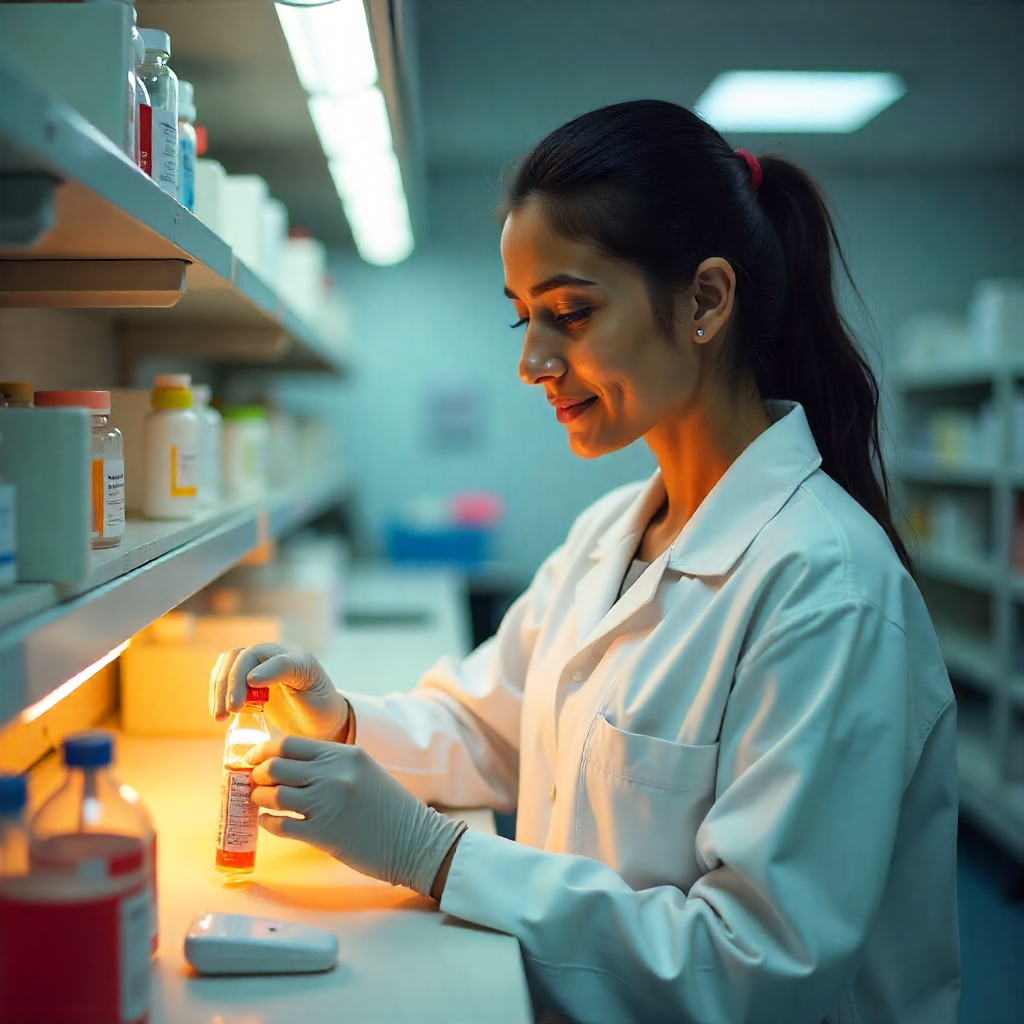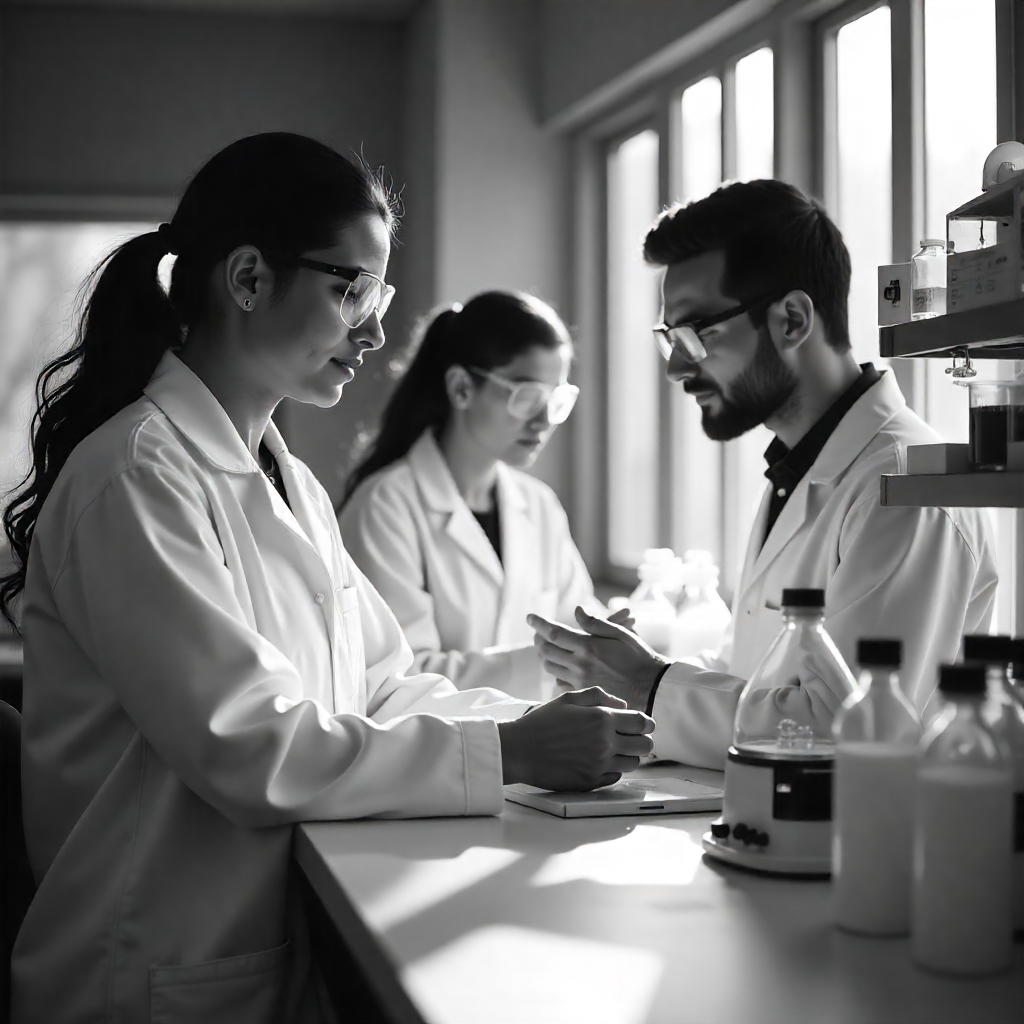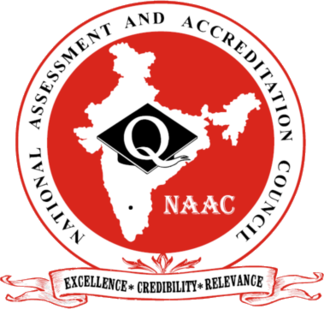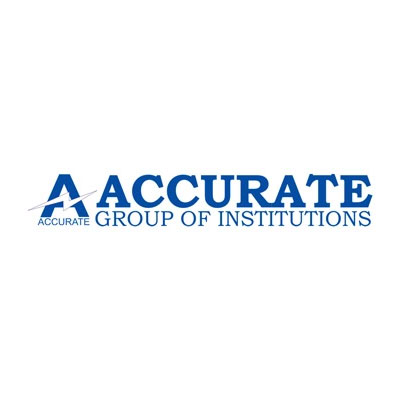The Bachelor of Pharmacy (B.Pharm) degree serves as the cornerstone of the pharmaceutical industry, producing professionals who drive innovation, ensure medication safety, and improve global healthcare outcomes. As the industry evolves with technological advancements and new healthcare challenges, pharmacy education adapts to prepare graduates for these dynamic changes. When considering top pharmacy colleges, it's essential to evaluate factors like curriculum relevance, research opportunities, industry connections, and modern facilities.
This comprehensive guide explores how a B.Pharm degree shapes the future of pharmaceuticals through cutting-edge education, research contributions, and the development of skilled professionals ready to tackle industry challenges.
The Evolving B.Pharm Curriculum: Meeting Industry Demands
Modern B.Pharm programs have evolved significantly to address the pharmaceutical industry's changing needs. The curriculum now integrates traditional pharmaceutical sciences with emerging fields like biotechnology, nanomedicine, pharmacogenomics, and digital health technologies. This comprehensive approach ensures graduates are prepared for both current industry practices and future innovations.
Key Components of Modern B.Pharm Education
- Pharmaceutical Chemistry: Drug design, synthesis, and analysis
- Pharmacology: Drug actions, mechanisms, and therapeutic uses
- Pharmaceutics: Drug formulation and delivery systems
- Pharmacognosy: Medicinal properties of natural products
- Pharmacy Practice: Clinical pharmacy and patient care
- Regulatory Affairs: Drug approval processes and compliance
- Emerging Technologies: Biopharmaceuticals, nanomedicine, and digital health

Driving Pharmaceutical Innovation Through Research
B.Pharm programs play a crucial role in pharmaceutical innovation by fostering research culture among students. Through laboratory work, research projects, and collaborations with industry partners, students contribute to drug discovery, formulation development, and therapeutic advancements. Many top pharmacy institutes have established research centers that focus on addressing current healthcare challenges.
Research Areas Where B.Pharm Graduates Contribute
B.Pharm graduates are at the forefront of research in novel drug delivery systems, personalized medicine, pharmaceutical biotechnology, and green pharmacy practices. Their contributions help develop more effective, safer, and targeted therapies for various diseases, ultimately improving patient outcomes and advancing global healthcare.
B.Pharm Graduates: Meeting Industry Workforce Needs
The pharmaceutical industry relies heavily on B.Pharm graduates to fill essential roles across various sectors. From drug discovery and development to manufacturing, quality control, regulatory affairs, and marketing, these professionals ensure the continuous flow of safe and effective medicines to patients worldwide.
Key Pharmaceutical Industry Roles for B.Pharm Graduates
- Research & Development: Drug discovery, formulation development, and clinical research
- Production & Manufacturing: Overseeing drug manufacturing processes
- Quality Assurance & Control: Ensuring drug safety, efficacy, and compliance
- Regulatory Affairs: Managing drug approval processes and compliance
- Sales & Marketing: Promoting pharmaceutical products to healthcare professionals
- Community Pharmacy: Dispensing medications and providing patient counseling
- Hospital Pharmacy: Managing medication distribution in healthcare settings
Embracing Technological Advancements in Pharmacy
Modern B.Pharm programs incorporate training on cutting-edge technologies that are transforming the pharmaceutical industry. From AI-driven drug discovery and 3D printing of medications to telepharmacy and digital health platforms, graduates are prepared to leverage technology for improved patient care and pharmaceutical innovation.
Emerging Technologies in Pharmacy Education
Progressive pharmacy institutes are integrating simulation technologies, virtual laboratories, and electronic health records systems into their curriculum. This technological exposure prepares students for the digital transformation occurring in healthcare and pharmaceutical practices, ensuring they remain relevant in an increasingly tech-driven industry.

Addressing Global Health Challenges
B.Pharm graduates play a vital role in addressing global health challenges, from pandemic response to antimicrobial resistance and access to medicines. Their expertise in drug development, distribution, and patient education contributes significantly to public health initiatives worldwide.
Global Health Contributions of B.Pharm Professionals
- Pandemic Response: Vaccine development, distribution, and pharmacovigilance
- Antimicrobial Stewardship: Combating antibiotic resistance through rational drug use
- Access to Medicines: Improving availability and affordability of essential drugs
- Chronic Disease Management: Developing therapies for diabetes, cardiovascular diseases, etc. Mental Healthcare: Advancing psychopharmacology and patient support Health Education: Promoting medication adherence and healthy practices
The Future of Pharmacy Education
As the pharmaceutical industry continues to evolve, B.Pharm programs must adapt to prepare graduates for future challenges and opportunities. This includes greater emphasis on personalized medicine, digital health technologies, interprofessional collaboration, and global health perspectives.
Tips for Aspiring Pharmacy Students
- Choose accredited programs: Ensure the program meets quality standards and industry recognition
- Seek research opportunities: Engage in projects that address current pharmaceutical challenges
- Develop technological literacy: Familiarize yourself with digital health tools and platforms
- Gain practical experience: Pursue internships in diverse pharmaceutical settings
- Build professional networks: Connect with industry professionals and alumni
- Stay updated on industry trends: Follow advancements in pharmaceutical sciences and healthcare
For more information about B.Pharm programs and pharmacy education, visit Accurate Institute B.Pharm Program or Accurate Pharmacy Institute



-1.jpg)



 (Phone).png)






